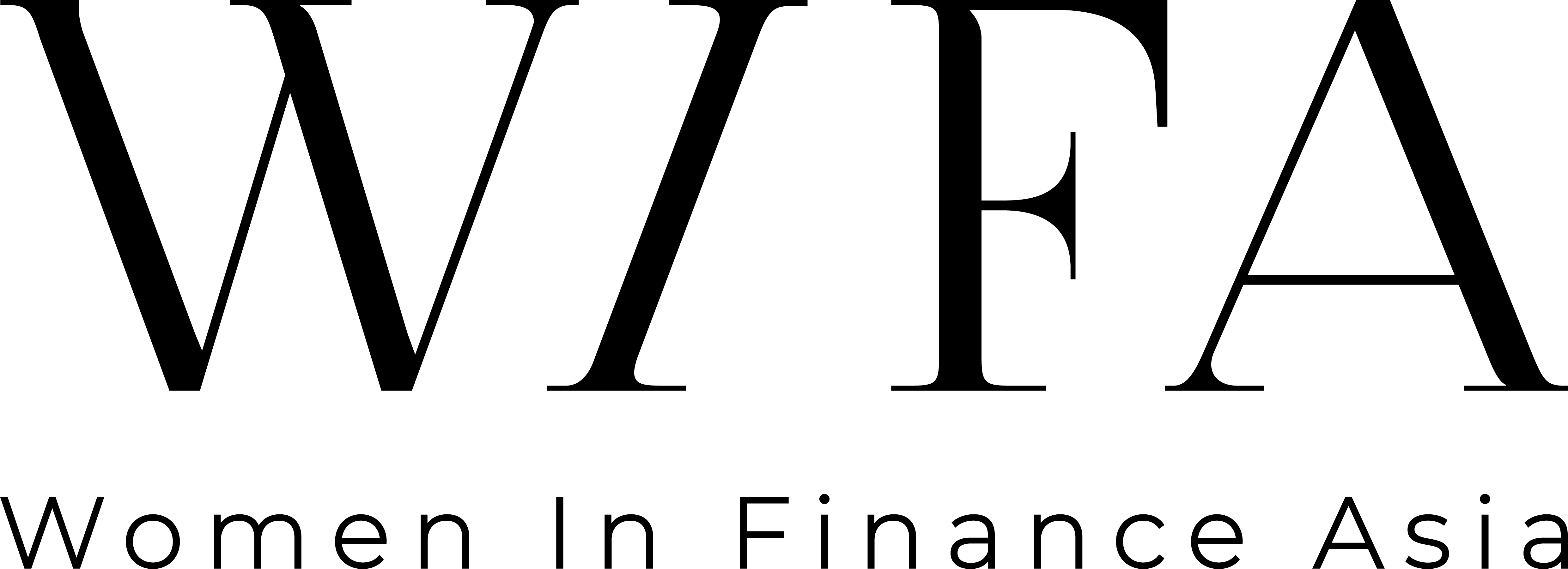Philipp Hanusch, Special Counsel, Baker McKenzie, shares with WiFA his motivation to be a male ally, advice to men to encourage them to be allies, his 2021 mantra, and much more.
Tell us about yourself.
Initially, I came to Hong Kong for a temporary six-month assignment. That was 15 years ago. I met my wonderful wife, Sarah, here. I admire how determined and hardworking Sarah is as she overcomes the difficulties of being a business owner and a female founder of a fashion start-up (www.TheHula.com).
I grew up in a small town in Austria under diametric circumstances. I was raised by a single mom who was a hard working doctor in a hospital. She was a confident and progressive woman and one of the very few female doctors at the time. Since she frequently did night shifts, my grandparents looked after me for a good deal of my childhood. Unfortunately, as a young boy, I didn’t appreciate how hard it must have been for my mother to juggle work and family.
What motivates you to be an ally in the legal services industry?
When I started working in a law firm, it did not take much to notice the glass ceiling. Most women left when they wanted to start a family or realised they wouldn’t make partner. At a law fair in Vienna, I remember vividly seeing a sticker in the men’s toilet displaying the percentages of female partners in firms who were there to hunt young talent. The percentage was in the single digits, if not zero. That was more than 15 years ago. A lot has changed since then, but we still have a long way to go.
At Baker McKenzie, diversity and inclusion are foundational to our global strategy for our clients and our own people. Inclusive leadership has been introduced as a separate key performance area in our lawyer development framework, with the view of promoting diversity and, in turn, high performance. For example, to achieve a level playing field and gender equity, Baker McKenzie has adopted a Gender Global Aspirational target of 40:40:20 by 2025. The goal is that by 1 July 2025, partners and senior business professionals will include 40% women, 40% men and 20% flexible (women, men and non-binary persons). In my department, we have met the target already and I have been lucky to get the support of some fantastic female leaders.
I decided to become an ally because I believe in inclusion and equality. I want to learn how to identify and tackle my unconscious bias. I want to be mindful of language and to make sure I use more sensitive, respectful and inclusive language. I want to better understand the experiences and concerns of my female colleagues and how they are disadvantaged merely because of their gender. Finally, I want to learn how to actively support them in our everyday work life and stand up against inequality or exclusion when I see it.
What advice or guidance would you provide men so they can become an ally? What can they do better to support their female colleagues professionally?
Don’t feel threatened and don’t be afraid of being uncomfortable — you are not alone. Don’t shy away from tricky conversations about gender issues with other men or from speaking up the moment you recognise that there is a problem. For example, call out inappropriate language rather than merely dismissing it as office “banter” among men. If you dare to speak up, you will see that there are others who will stand behind you.
Reflect on your own behaviour, your perceptions, gender stereotyping and implicit biases. Look for opportunities to hear about women’s experiences in your workplace. Make sure you listen to better understand the issues and refrain from mansplaining!
Be visible and show that you are an ally. This will influence others, give them confidence and prompt them to make an effort to engage.
As an ally, you can actually help make a difference in your larger work environment (and beyond). Start by committing to specific actions, depending on your job level and role. For example, when preparing work assignments, I consciously consider putting together a diverse team. When organising seminars or other events and choosing speakers, I consciously aim for a diverse panel. When corresponding, I consciously use gender-appropriate language. I was puzzled when I came to Hong Kong and saw letters starting with “Dear Sirs”; gladly, these have been disappearing. And I speak up when I see a woman being elected or addressed as “chairman”, something I had to witness recently.
What will be your 2021 mantra to keep you motivated, either professionally or personally?
Keep calm and hang with the happy.

